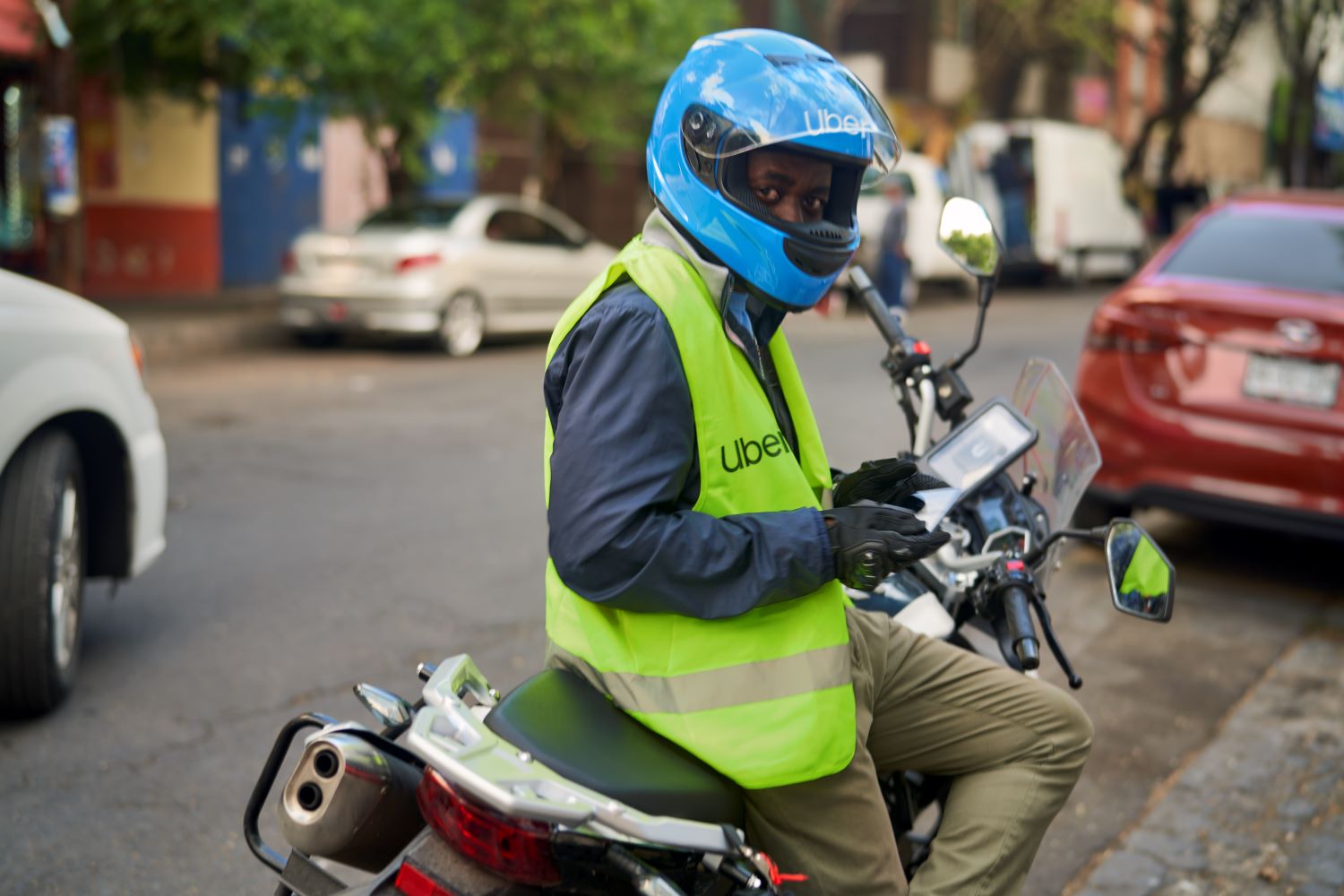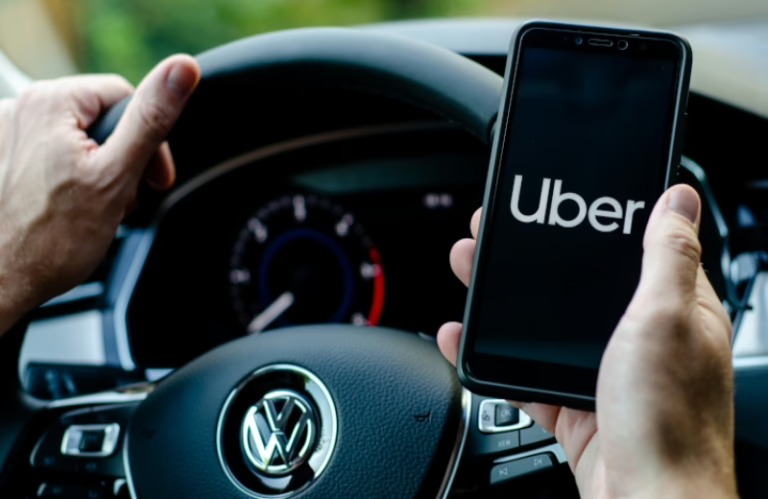Uber, the renowned global mobility platform, has injected ₦34 billion into Nigeria’s local economy, significantly enhancing the annual earnings of drivers across the country to ₦6.1 billion as of 2023.
This milestone was announced during the Lagos Road Mobility Summit, a collaborative event with the State Ministry of Transport aimed at fostering discussions on safer and more inclusive transportation systems.
Under the theme “Reimagining an Inclusive Road Safety Strategy,” the summit convened high-ranking officials from the Lagos State Ministry of Transport, the Federal Road Safety Corps, Lagos State Traffic Management Authority, and the World Bank’s SSATP team. The gathering also included regulators, international road safety experts, and leaders from the private sector.
At the event, Uber unveiled its Nigeria Economic Impact Report, prepared by Public First, which highlighted the company’s ₦34 billion contribution to the Nigerian economy in 2023. Additionally, consumers benefited from a combined surplus valued at nearly ₦500 billion, thanks to savings in time, cost, and convenience.

Key participants included Engr. Olasunkanmi Ojowuro, Director of Transport Operations representing the Honourable Commissioner for Transport, Lagos State; Lateef Ramoni from the Federal Road Safety Corps; and representatives from the African Association of Road Safety Lead Agencies.
Global insights were shared by Marisela Ponce de Leon Valdes, Senior Transport Specialist and SSATP’s Road Safety Pillar Lead, who presented findings from the recently published Africa Road Safety Status Report 2025.
A Decade of Progress: Uber’s Role in Nigeria’s Technological Advancement
Celebrating ten years in Nigeria, Uber commissioned Public First to conduct a comprehensive economic impact analysis, reflecting on its transformative journey within the country.
Tope Akinwunmi, Uber’s Country Manager for Nigeria, emphasized the company’s evolution as a catalyst for growth and empowerment. “Since our 2014 launch, we have witnessed how e-hailing services unlock economic potential by providing accessible, dependable, and affordable transportation. This not only revolutionizes mobility but also offers drivers flexible income opportunities, fostering financial autonomy in a dynamic and often challenging market,” he explained.

He further highlighted that Uber’s ₦34 billion investment has directly bolstered the local economy, while drivers have collectively increased their earnings by ₦6.1 billion annually. This underscores Uber’s dedication to uplifting communities and individuals where it operates.
Championing Driver Autonomy and Financial Growth
For many Nigerians, Uber represents more than just a ride-hailing service-it is a vital source of income and independence. In 2023, drivers earned ₦6.1 billion more through the platform, with average incomes surpassing alternative options by 34%.
The report also quantified the value of flexibility, estimating it at ₦6.3 billion. Nearly 88% of drivers expressed that the ability to set their own schedules helps them manage family commitments effectively.
One driver from Abuja shared, “Uber allows me to plan my day around my family. I drop my kids at school, work during the day, and return home in time for dinner. It gives me control over my life.”

Deepesh Thomas, General Manager for Uber Sub-Saharan Africa, remarked, “Uber is more than transportation; it empowers individuals to shape their futures. From drivers valuing flexible earnings, to women feeling safer traveling at night, and local enterprises expanding their reach, Uber is proud to contribute to Nigeria’s ongoing development.”
Uber’s commitment to affordability has been pivotal, with the introduction of Uber Go-a cost-effective option that is 35% cheaper-making safe and reliable rides accessible to a broader segment of Nigerians.
This enhanced mobility and safety have also generated an estimated ₦5.4 billion in added value for Nigeria’s tourism sector, further demonstrating Uber’s multifaceted impact on the nation’s economy.


















0 Comments